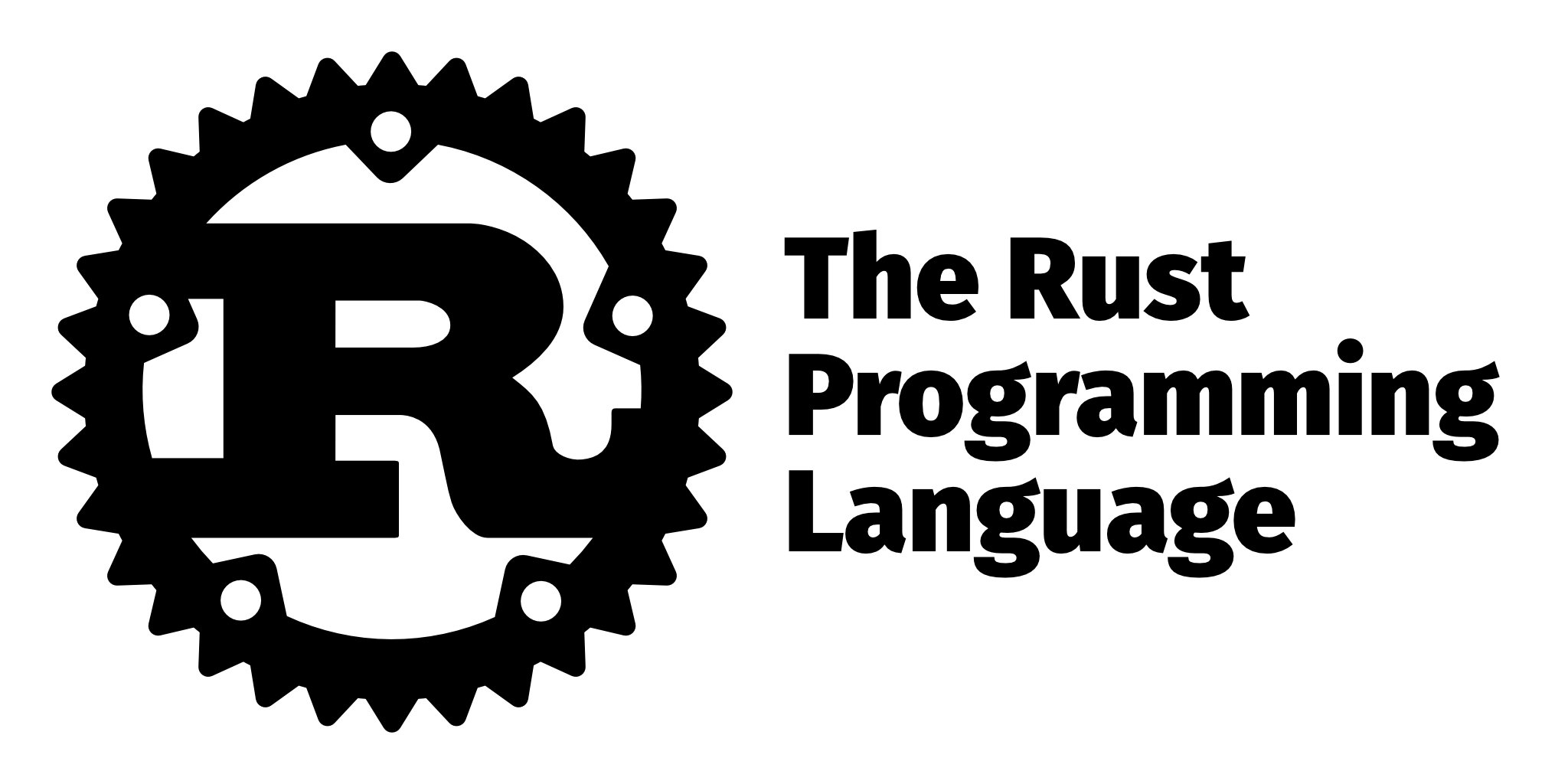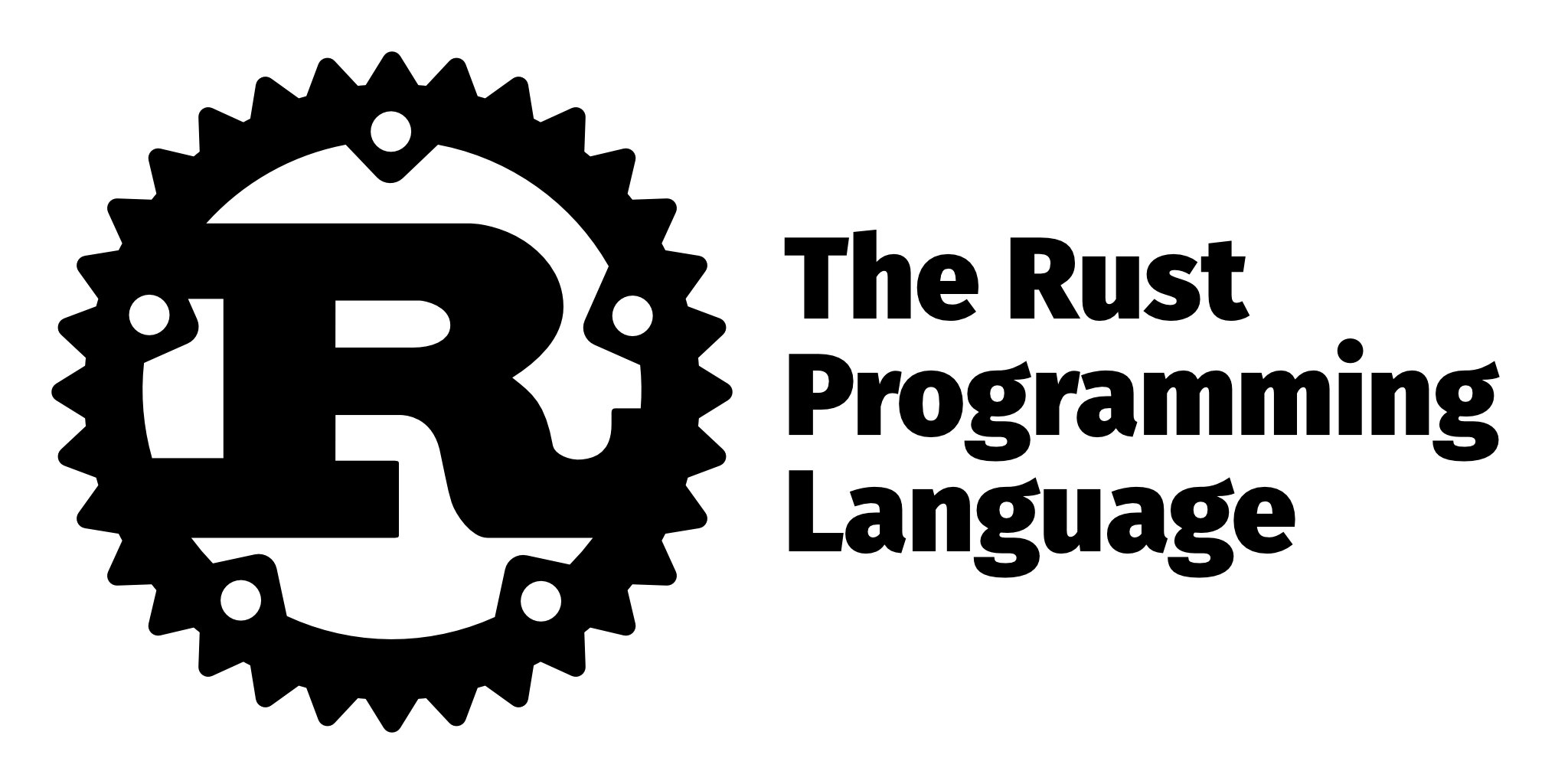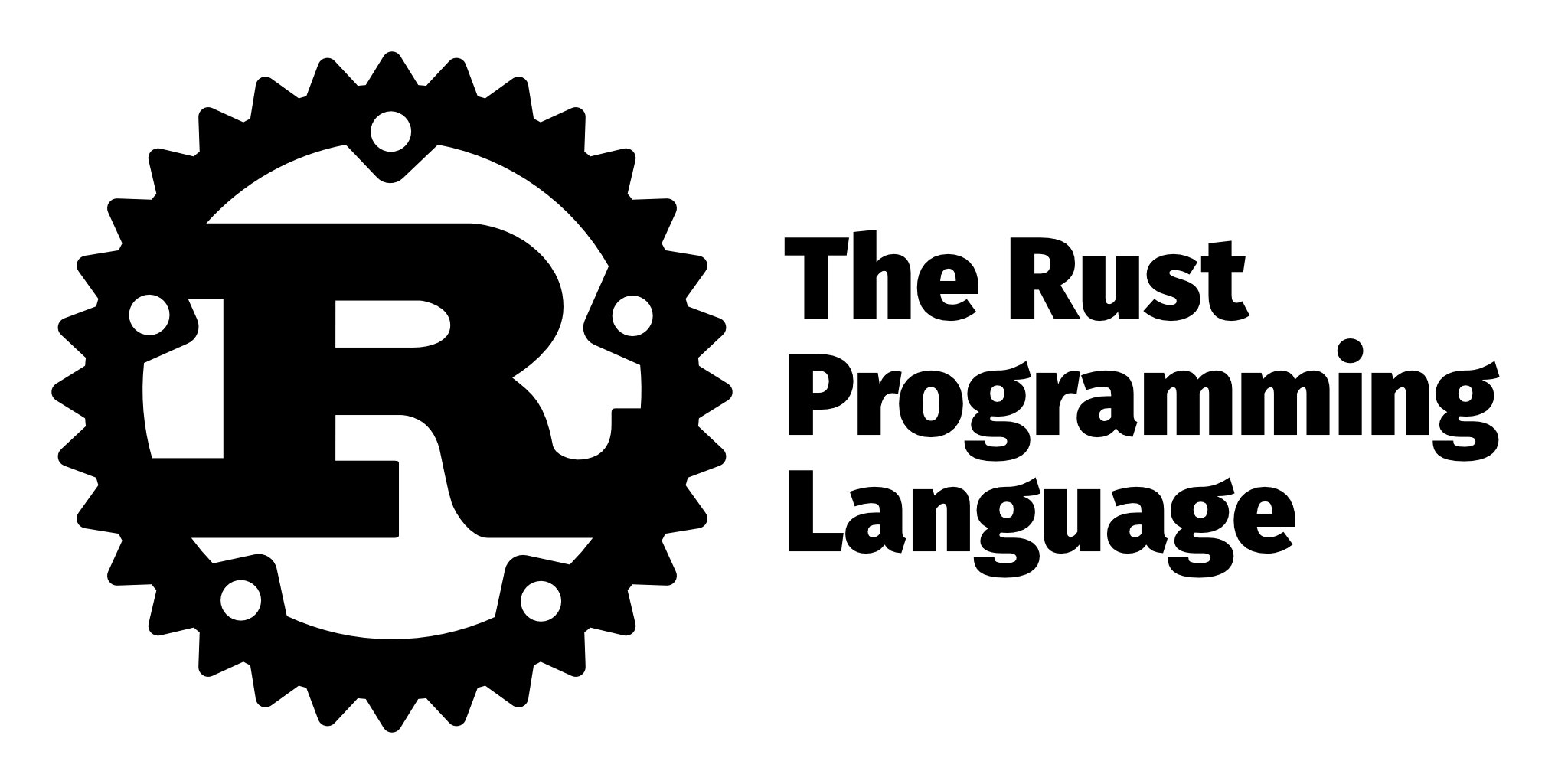

Definitely let go. Rust has some OOP features, but it’s mostly just the OOP idea of interfaces, which Rust models with traits. You can also do dynamic dispatch, which is another OOP feature, but you should almost never use this in Rust unless you absolutely have to. Then there’s encapsulation which is hugely important in Rust too, but yea outside of that kind of thing, I don’t think OOP patterns are too useful. Honestly, if you ask me, many of these “OOP patterns” are really just solving problems that OOP causes in the first place.
Feel free to ask any other questions.












One more vote for using WASM. Using WASM has the benefit of allowing the user to use almost whatever language they want, as long as it can compile to WASM. So the user doesn’t have to learn some bespoke scripting-specific language.